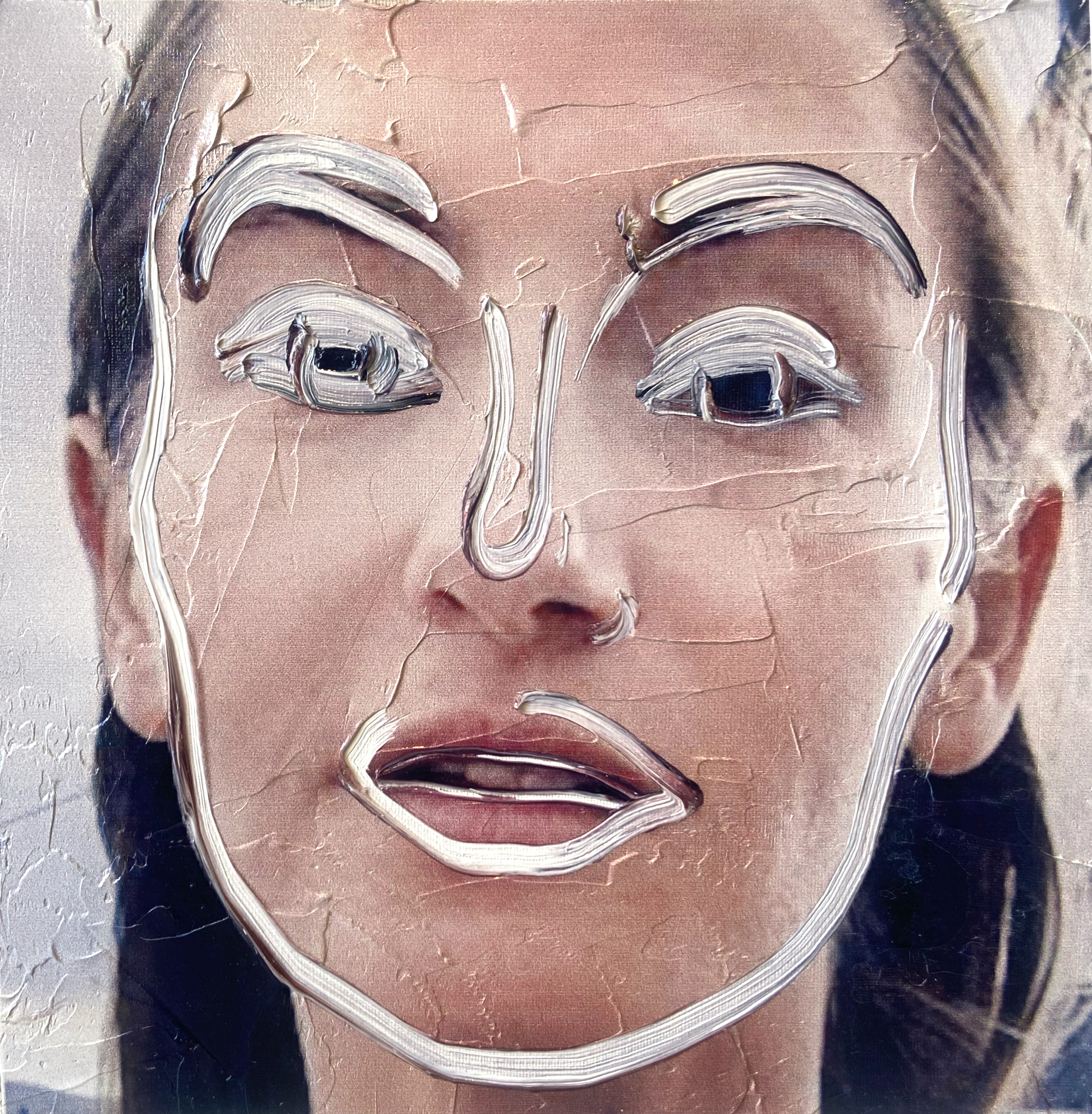How is AI impacting Medicine and Health?
- Gretchen Andrew

- Nov 4, 2025
- 4 min read

About Medical AI Podcast
The Medical AI Podcast is a 30 minute thrill ride of big ideas, hosted by Dr. Felix Beacher. The latest innovations are covered on everything from medical imaging to large language models to regulatory strategy to ethics and more. AI is revolutionizing healthcare. The Medical AI Podcast will keep you up to date on this exciting and rapidly changing field. Listen
About Gretchen Andrew on Medical AI Podcast
Normally on this amazing podcast I cover AI systems that can help with medical treatment. Today we are discussing an angle on the harms of AI on health. With me to discuss is doyen of the art world and AI provocate use, the amazing and wonderful Gretchen Andrew In particular, we look at whether are AI tools are providing a particularly pernicious and powerful way in which our perceptions of beauty are becoming distorted. And whether those distorted perceptions are setting us up for anxiety, depression and even Body dysmorphia.
Learn More about Artist Using AI
Learn More about Lip Filler Risks
Learn More about Facetune Portraits
Introduction to the Topic
Host Dr. Felix Beecher frames the episode: "Today, however, we are discussing an angle on the harms of AI on health. In particular, we look at whether AI tools are providing a particularly pernicious and powerful way in which our perceptions of beauty are coming distorted. Are these distorted perceptions setting us up for anxiety, depression and even body dysmorphia?"
Guest Gretchen Andrew introduces her focus as a "visual artist who explores a is impact on our self perception on beauty standards. And particularly today, we're going to discuss how this impacts mental health and also trends in plastic surgery." She adds, "I use my artwork and podcasts like this to also talk about the ways in which AI is maybe more perniciously impacting us and potentially what we can do about that."
The Artist's Motivation and Work
On her transition from tech to art, Gretchen Andrew says, "I was seeing technology... primarily used to manipulate our attention and sell us things we don't need. I very firmly believe that the impact of social media on mental health will be the tobacco of our generation."
She describes her art: "It's very common these days to use filters on social media... that change how we look to make us look more presentable. What I do in my paintings is I take those same algorithms, those same filters, and make the process physical so that instead of invisibly moving pixels around... it is messily dragging wet paint. These become portraits of really the difference between how we look and how AI says we should look."
The Harms of AI-Driven Beauty Standards Gretchen Andrew argues it is not harmless fun: "Their expectations of how people look and are supposed to look are being trained through faces and bodies that literally do not exist." She cites a Mental Health Foundation report showing "40% of young people said images on social media have caused them to worry about their own bodies."
Referencing a teen suicide case, she notes the girl's diary entries: "'I could never be that pretty.' And what's crazy about this is no one, literally no one is that pretty."
What Makes AI Different from Past Beauty Standards? Gretchen Andrew identifies two main differences. First, a new global standard: "Never before have we had a single international beauty standard being spread at such speed where people are then taking the way that these apps modify them and going to plastic surgeons and trying to make our physical bodies conform to this internationalized, homogenized single beauty standard."
Second, the flattening of reality: "We're prioritizing this flat self, this flattened self... with the massive lips, some people think that this looks really great from the front, but nobody thinks the side view of the duck lips is a desirable... side effect of this. But because we've so prioritized that flattened screen image, we're no longer caring if we don't look good in real life."
The Scale of the Problem and Its Impact
The primary difference is "the speed and the scale." Gretchen Andrew highlights that this is not just a problem for young women: "It is not just teenage girls on TikTok. It is also tech Bros in Silicon Valley." She points to "the increase in facelifts among tech Bros... because there's such a cult of youth in tech... Eyelifts are costing $65,000 and it's men who are getting these plastic surgeries."
Quantifying the mental health impact, she states, "Studies show that adolescents you spend more than three hours a day on social media are at double risk of experiencing symptoms of depression and anxiety." She concludes, "This is why I say that I believe it's the tobacco of our generation. I think medical science knows that this is very bad for our mental health... As a user of these social media and these tools, I know it's bad for my mental health. Yet I've not stopped smoking."
Possible SolutionsOn addressing the issue, Gretchen Andrew suggests, "I think one of the biggest things we need to do is find ways of talking about it... I find ways of making that more visible and therefore more understood. I think education and visibility is a huge aspect in all of this."
Learn More about Artist Using AI
Learn More about Lip Filler Risks
Learn More about Facetune Portraits



Comments